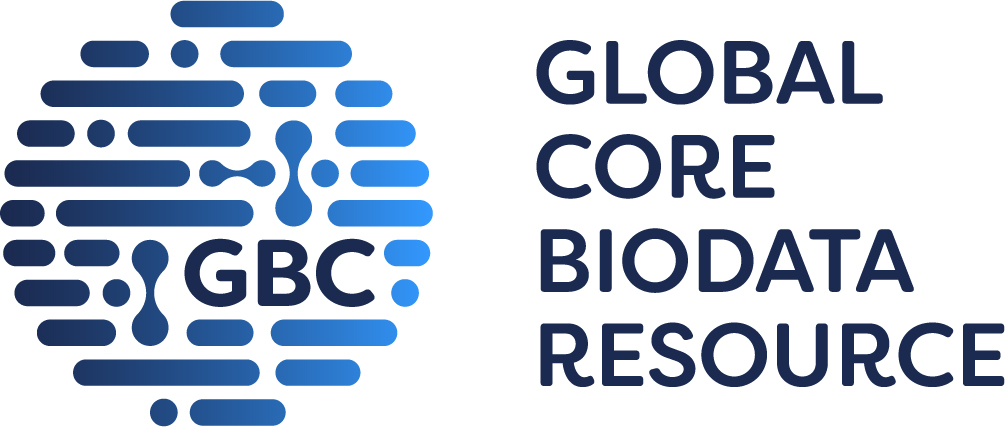
GtoPdb is requesting financial support from commercial users. Please see our sustainability page for more information.
Useful links
Databases of drugs and drug targets
- BindingDB: The Binding Database
- ChEMBL: medicinal chemistry and drug discovery databases
- DrugBank: detailed information on drugs and the protein sequences they interact with. Note that DrugBank is free for academic and non-profit use but commercial users require a license.
- GLIDA: GPCR-Ligand Database
- Marine Pharmacology (Midwestern University): a website aimed at those with an interest in the preclinical and clinical pharmacology of marine compounds and the pharmaceutical potential of the enormous biodiversity of organisms present in the world's oceans
- NIMH-PDSP Ki Database
- PharmGKB: The Pharmacogenetics and Pharmacogenomics Knowledge Base
- PubChem: a free database of chemical structures of small organic molecules and information on their biological activities
- TTD: Therapeutic Target Database
- ZINC: A database containing commercially available compounds for structure-based virtual screening.
GPCR databases
- GDR 3545: group of researchers in France on "G protein-coupled receptors - from physiology to drugs"
- Endogenous GPCR List
- GPCRDB: Information system for G protein-coupled receptors (GPCRs)
- gpDB: a database of G-proteins and their interaction with GPCRs
- HORDE: The Human Olfactory Data Explorer
- ORDB: Olfactory Receptor DataBase
- GPCR-OKB: The G Protein Coupled Receptor Oligomerization Knowledge Base Project
VGIC and LGIC databases
Nuclear Receptor databases
Enzyme databases
- EBI Enzyme Portal
- ExplorEnz: A resource providing access to the data of the International Union of Biochemistry and Molecular Biology (IUBMB) Enzyme Nomenclature List, and which maintains the IUPAC standard formatting of chemical names.
- PhosphoSitePlus: An expert curated database providing access to information and tools useful to the study of in-vivo post-translational modification of proteins of the kinome.
Transporter databases
- SLC Tables: information on Solute Carrier transporter families
- Transporter Classification Database
Antibody resources
- IMGT®, the international ImMunoGeneTics information system®, which hosts IMGT/mAb-DB, a database of monoclonal antibodies (IG, mAb) and fusion proteins for immune applications (FPIA)
Gene/protein databases
- GeneCards: A searchable, integrated, database that provides concise genomic related information, on all known and predicted human genes. Includes MalaCards, the human disease database. Note that GeneCards is free for academic and non-profit use but commercial users require a license.
- InterPro: integrates protein information from several allied databases into a single searchable resource providing protein family classification information, functional domain prediction and identification of other important sites on proteins.
- HomoloGene: An automated system for constructing putative homology groups from the genomes of a wide range of eukaryotic species.
- HUGO Gene Nomenclature Committee (HGNC)
- KEGG: Kyoto Encyclopedia of Genes and Genomes
- neXtProt: a human protein-centric knowledgebase providing access to a range of high-quality datasets with tools to mine them.
- Pfam: a collection of protein families, each represented by multiple sequence alignments and hidden Markov models (HMMs)
- Protein Ontology: an ontological representation of protein-related entities by explicitly defining them and showing the relationships between them.
- Treefam: a database of animal gene trees, encompassing inferred phylogenetic trees, predicted orthologues/parologues and the evolutionary history of genes.
- UniGene: a database of the transcriptome providing information on protein similarities, gene expression, cDNA clones, and genomic location.
- UniProt: resource for protein sequence and functional information
Metabolite databases
Other relevant resources
- CCL: Computational Chemistry List
- 7TMRmine: a Web server for mining of 7TM proteins
Journals
- British Journal of Clinical Pharmacology
- British Journal of Pharmacology
- Drug Discovery Today
- European Journal of Pharmacology
- Hospital Pharmacology
- Journal of Cheminformatics
- The Journal of Pharmacology and Experimental Therapeutics
- Molecular Pharmacology
- Nature Reviews Drug Discovery
- Pharmacological Reviews
- Pharmacology Research & Perspectives






